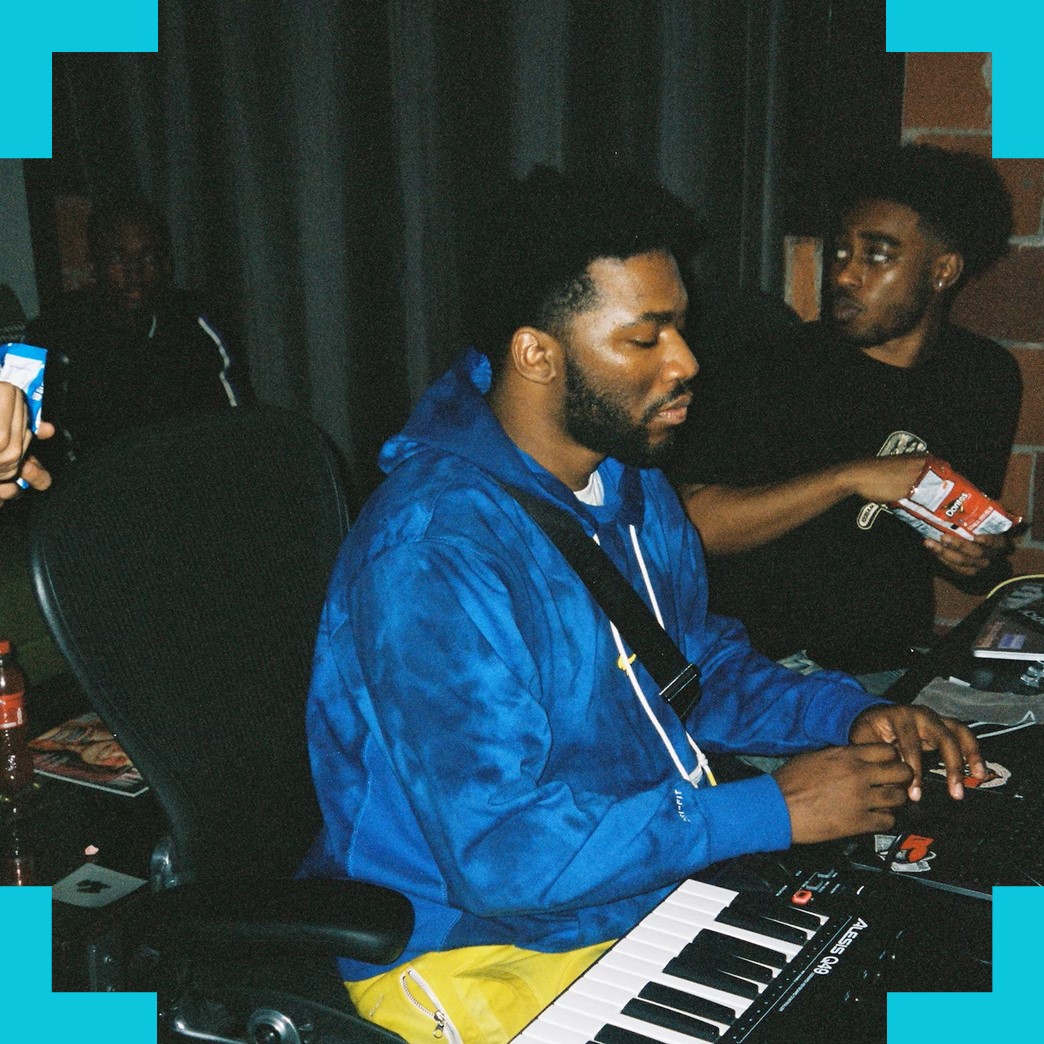HipHopHumanities: Artist–Academic Collaboration and the UK City
What can we learn from hip hop culture to put collaborative practice at the heart of humanities research? And how can knowledge from hip hop practitioner communities help to inform a more equitable model of participation in academia?

Collaboration and collectivity are key tenets of hip hop culture, yet most hip hop scholarship is the result of solitary endeavours. Currently, there exists no model for interrogating hip hop in its urban context that allows for a multivocal approach between multiple academic disciplines and artists, and one that balances cultural life both on the street and online.
This project will develop the first such model, in order to create a transferable framework for studying the creative economy of the city, and to apply methods of artist–academic collaboration to the framework. These interrelated objectives will redress traditional inequities in artist–academic collaboration and help to revitalise the cultural life of cities post-COVID-19, with open transferability across Europe.
What will the project involve?
This project will target some of the most pressing challenges of university higher education and the creative sector—widening participation and representation, digital culture, and cultural innovation—by opening a new chapter of hip hop studies. It will critically interrogate the diversifying role of hip hop culture in educational institutions in the UK by conducting community-engaged research. It aims to create more inclusive knowledge-producing communities by reducing structural barriers in higher education research. The project will offer solutions to the gaps and tensions between academics and unaffiliated creatives.
As an intervention into art and academic knowledge systems, the project aims to put collaborative practice at the heart of humanities research. Thus far, UK higher education has not only suffered from a lack of hip hop scholars and artists with gainful employment, but those most marginalised in terms of race, class, gender, and ability have been largely missing from formalised initiatives. In pioneering an artist-centric approach, the project will value not only ethnographic findings but creative practices in and of themselves, supporting the development of new creative outputs which are paramount to artists’ lives and livelihoods. Knowledge from hip hop practitioner communities will help to inform a more equitable model of participation, studying both hidden histories of the UK’s musical heritage and helping to foster new avenues and inroads where such support has been absent.
The researchers aim to explore these solutions through running a 3-city pilot to test the artist-academic collaboration within a hip-hop humanities framework. They hope to put humanity at the core of the project.
Who are the team and what do they bring?
- Justin Williams (Music and Arts, University of Bristol) is an Associate Professor of Music, the author of Rhymin and Stealin: Musical Borrowing in Hip-Hop and Brithop: The Politics of UK Rap in the New Century. He is editor of The Cambridge Companion to Hip-Hop, and co-editor of the Cambridge Companion to the Singer-Songwriter (2016) and the Singer-Songwriter Handbook (2017). His next book, on The Streets’s Original Pirate Material (2002) will be published by CUP Elements in 2023. facilitating collection-based teaching, research, engagement and partnership working.
- Zachary Diaz (Music and Arts, University of Bristol) is a PhD Student in Musicology at the University of Bristol. His doctoral dissertation and research focuses on the music of the late hip-hop producer J Dilla (James Yancey) and his musical influences on current hip-hop production and culture. He is also a hip-hop producer himself, having released several instrumental hip-hop projects under the Manchester-based record label Beatsupply.
What is to come?
The ambition is to create a 3-city event taking place over the course of three weekends. The cities (Bristol, Manchester and London) will be home to a day celebrating the work, craft and techniques of J Dilla, the Detroit based Hip Hop producer whose sound has shaped modern music, including the creation of the Neo-Soul genre. The events will take place in specific venues and/or alongside existing promoters to maximise reach. They will take place in the afternoon on Sundays, and involve a range of elements:
- A talk from Vice beats – the creator of the only official UK based J Dilla album.
- A practice led talk from UoB’s Zach Diaz, showing the techniques used by Dilla for his production, and the unusual production methods he employed.
- A themed DJ set from a local Dilla specialist DJ.
- 3 beatmakers playing live production sets inspired by J Dilla.
The venues will be:
- WorkinOnit, at The Hip Hop Chip Shop, Manchester
- Hip Hop Coffee Shop Sessions at Boston Tea Party, Bristol
- Chip Shop, Brixton
The researchers will write a report to reflect, which may form the basis of an academic article to show their results. They hope the pilot will also be used to help bid for further funding for a larger-grant funded project.

